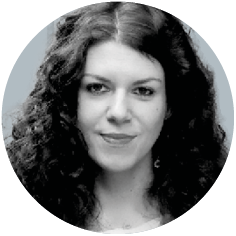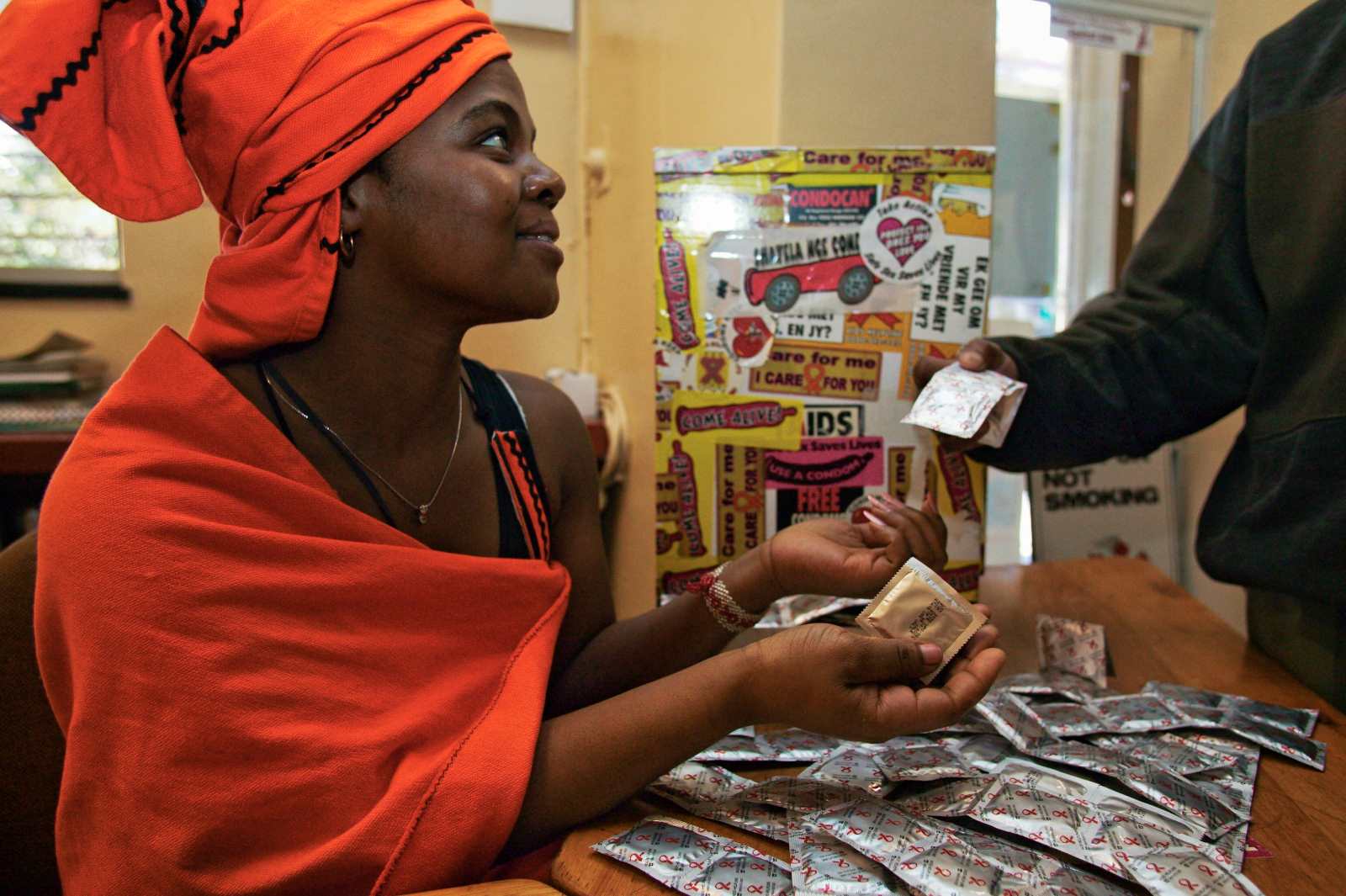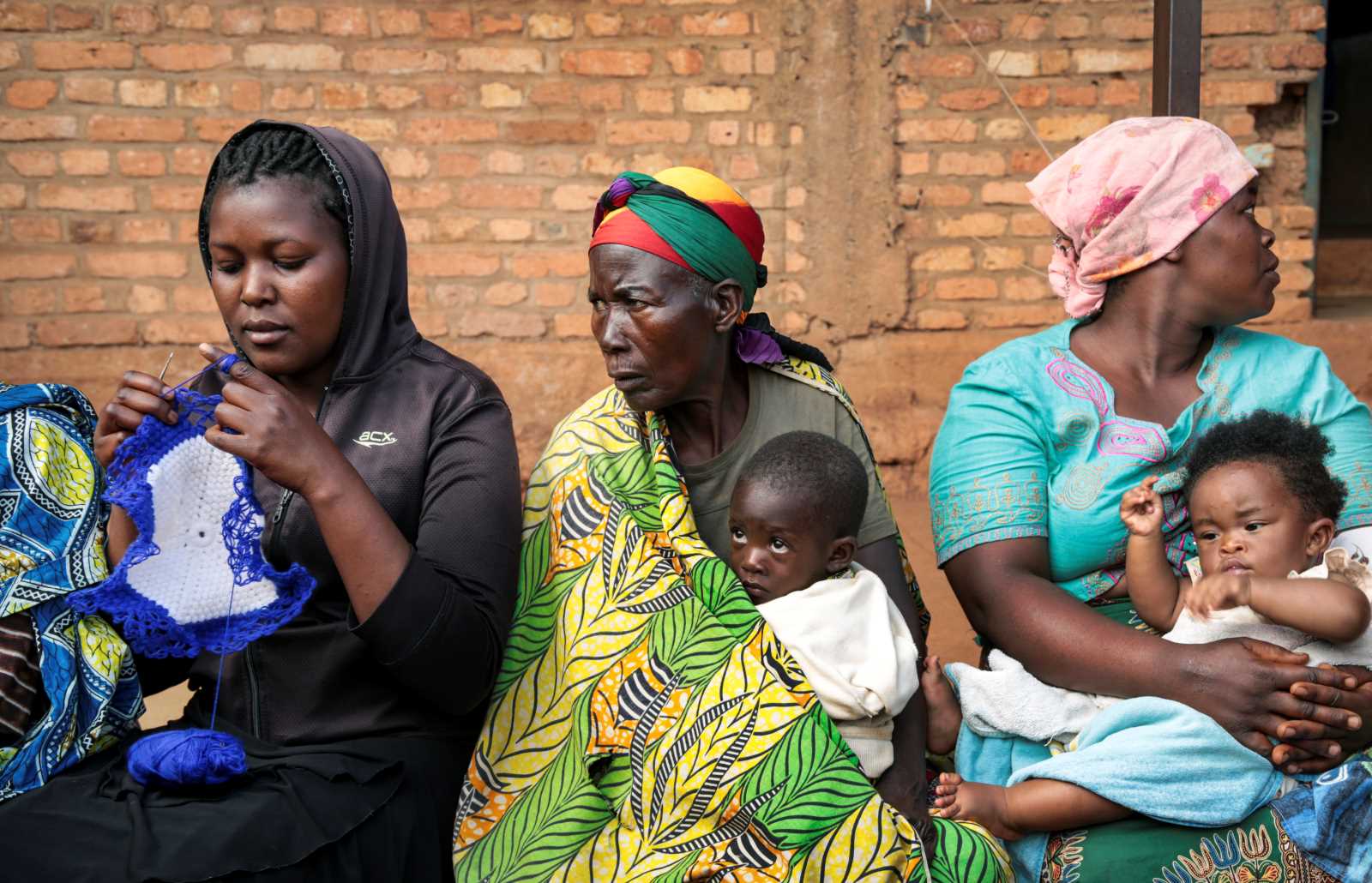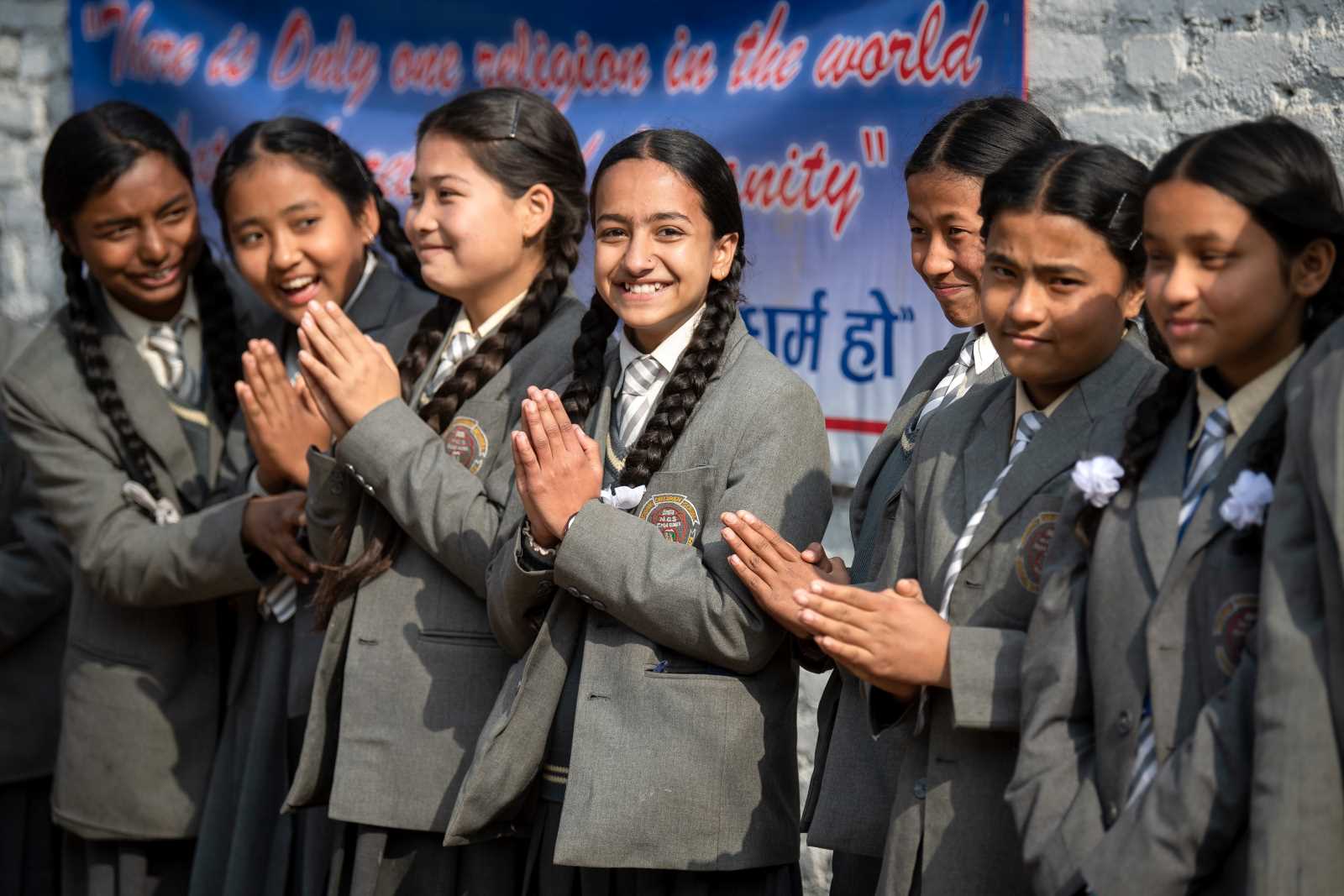Childhood anthropology
How culture shapes early childhood
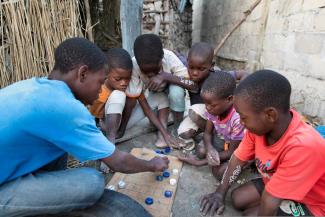
How does culture shape early childhood?
Culture has played a significant role in shaping early childhood practices throughout history. In many cultures, the infant is not considered fully human until the achievement of milestones like speech and locomotion.
Cultures have various mechanisms that accompany the different stages of childhood, such as rituals. One of their purposes is to ease the burden of childcare, especially in societies where infants are rather seen as non-persons. Parenting can therefore be “detached”, as one of my articles has noted, as a counter-narrative to the assumption that attachment between child and parent requires effort. Many societies believe that this happens naturally. Young children are innately attracted to their elders because they are the ones who have food and other treats.
Interestingly, modern society has developed a culture of its own surrounding childcare with toys, books, rules and institutions. Especially in WEIRD society, we have organised our lives around children and childcare.
What do you mean by WEIRD society?
WEIRD is a term social scientists have been using a lot lately to make a distinction. It stands for Western Educated Industrialized Rich Democracies. That term is nothing short of brilliant but needs to be tweaked to fit reality. There is, for example, a great deal of common ground between western (Euro-American) and East Asian pedagogical practices. “Industrial” might be better replaced by “post-industrial” since WEIRD pedagogy is most evident in the so-called knowledge economy. “Rich” is misleading too, because the communities that have fully embraced WEIRD pedagogy are more likely to be middle class. And they aren’t all democracies by any means; one finds WEIRD enclaves in every country in the world, regardless of politics. Nevertheless, I have come to value and use the term because of its traction.
In WEIRD society, we tend to have fewer children, partly so that we can focus more on the few we have. We invest a lot in early childhood care and education in all areas of life. A hundred years ago, this was still different in the societies we call WEIRD.
How important is early childhood education?
Early childhood education is a relatively recent concept, and the idea of training mothers from different cultures in early childhood education workshops should be approached carefully. WEIRD ideals of early childhood education may significantly differ from those in other parts of the world.
Instead, it might be more effective to focus on women’s education earlier in their lives, before they become mothers. Studies have shown that even just a few years of schooling can lead to changes in maternal behaviour. They had fewer children and took better care of them, for example when they got sick – they were able to decide when it was time to go to a clinic, and they could also articulate and interpret symptoms.
The focus on women is due to the fact that dozens of studies have shown that in many societies, fathers are largely absent from childcare, at least in the child’s early years. In WEIRD culture, however, fathers are expected to be involved.
What does learning in childhood mean in different cultural settings?
Learning isn’t confined to institutionalised schooling; it takes various forms in different cultures. Play is an essential part of learning in many societies, as it allows children to practice scaled-down versions of the skills they will need in adulthood. Make-believe activities, mimicking daily tasks like cooking or herding cattle, play a crucial role. Children often learn by observing, listening, copying and playing, forming what I termed an “everyday classroom”. While western societies place a significant emphasis on structured learning in institutions, many cultures have traditionally relied on children’s natural curiosity and exploration.
Anthropologists are always on the lookout for cultural universals. Can something universally “human” be discerned in all cultures? What are commonalities between cultures?
First of all, all children are born hungry and needy. They cannot survive on their own in their first years in this world. Therefore, in all societies, infants are nursed on demand in response. As a result, all children bond freely with their family and others around them from a very early age. They want to belong and fit in.
Another universal need is autonomy. Children all over the world want the freedom to try things out and explore the world. Very young children are naturally curious and inquisitive.
The differences lie in how societies respond to these very young children – how urgently do their needs need to be met? Between cultures in Africa, Latin America and Asia, there are more similarities than differences. Most societies see childcare as a shared task. This can mean that the whole community is involved in raising children from an early age.
However, this does not necessarily mean that much attention is paid to the infant in many societies around the world. There is not a lot of playing with infants, there is not a lot of talking to infants, there is not a lot of teaching behaviour where the adult is trying to teach the child something.
What differences in early childhood education and childcare are there across cultures?
If we include WEIRD societies in the comparison, there are a lot of differences. Some parents in WEIRD societies shower their children with love, affection, entertainment, gifts and treats from an early age. Other societies may differ in that aspect. Anthropologists have records of mothers seeing no point in giving their young children the best parts of the meal. They argue that they are not yet old enough to appreciate it and that the best parts should therefore go to the elders, as they have earned it.
In WEIRD society, we tend to anticipate every need of the child. In the rest of the world, it is much more about letting the child discover the limits of his or her power. If a child plays with a dangerous toy, such as a knife, WEIRD parents will be very worried that the child will get cut. In other societies, they argue that this is part of the learning process.
What role do siblings and peers play in early childhood?
Historically and in many contemporary societies, children spend a significant amount of time in the company of their siblings and peers, especially after around 18 months of age. So, the child leaves the nest very early and goes out into the world, surrounded by other children.
Recent research shows that children are not only raised by adults. Instead, adults play a rather minor role at certain times in a child’s life. It is then children who educate and care for other children. In some societies, adults are merely role models and providers in terms of basic needs. Above all, caring for siblings is something that is found in many communities around the world. That older siblings care for younger ones to some extent seems to be universal.
However, with shrinking family sizes and increased institutionalised education in WEIRD societies, there is a reduced opportunity for children to interact with other children outside of structured settings.
Cultures, after all, are changing. How do parenting patterns shift with globalisation?
This is really difficult. I would like to cite a very insightful study by Barbara Rogoff and others. They studied, among others, indigenous Mexican immigrant communities in the United States. The extent to which traditional child-rearing values persisted among those communities seemed to depend on the degree to which children remain involved in subsistence or family labour. The type of economy in which the community participates, whether predominantly monetary or subsistence-based, matters too.
If children are involved in these activities from an early age, the time a child spends in institutional education will be limited and traditional educational values prevail. However, as families transition to middle-class or urban settings and become more integrated into the market economy, they tend to adopt WEIRD values that prioritise institutionalised education.
Do traditional parenting values hinder a child’s preparedness for the globalised world and multicultural societies?
I don’t believe that traditional ways of bringing up children are somehow holding them back. Economic opportunities and employment prospects play a crucial role in overcoming any cultural barriers. Most parents, even those who adhere to traditional cultural values, are motivated to provide education and better opportunities for their children.
Capitalism and globalisation are realities that people around the world have to face. Poverty is another one. Families, even those who hold to traditional values, are willing to take chances and send their children to school and urban areas to have better economic prospects and actually have them earn real money that they can send back to their families in the village.
Book
Lancy, D. F., 2024. Learning Without Lessons: Pedagogy in Indigenous Communities. Oxford University Press. (Available from January 2024.)
David Lancy is a US-American cultural anthropologist. He is a pioneer of the Anthropology of Childhood as a sub-discipline and professor emeritus at Utah State University.
david.lancy@usu.edu
https://www.davidlancy.org/

